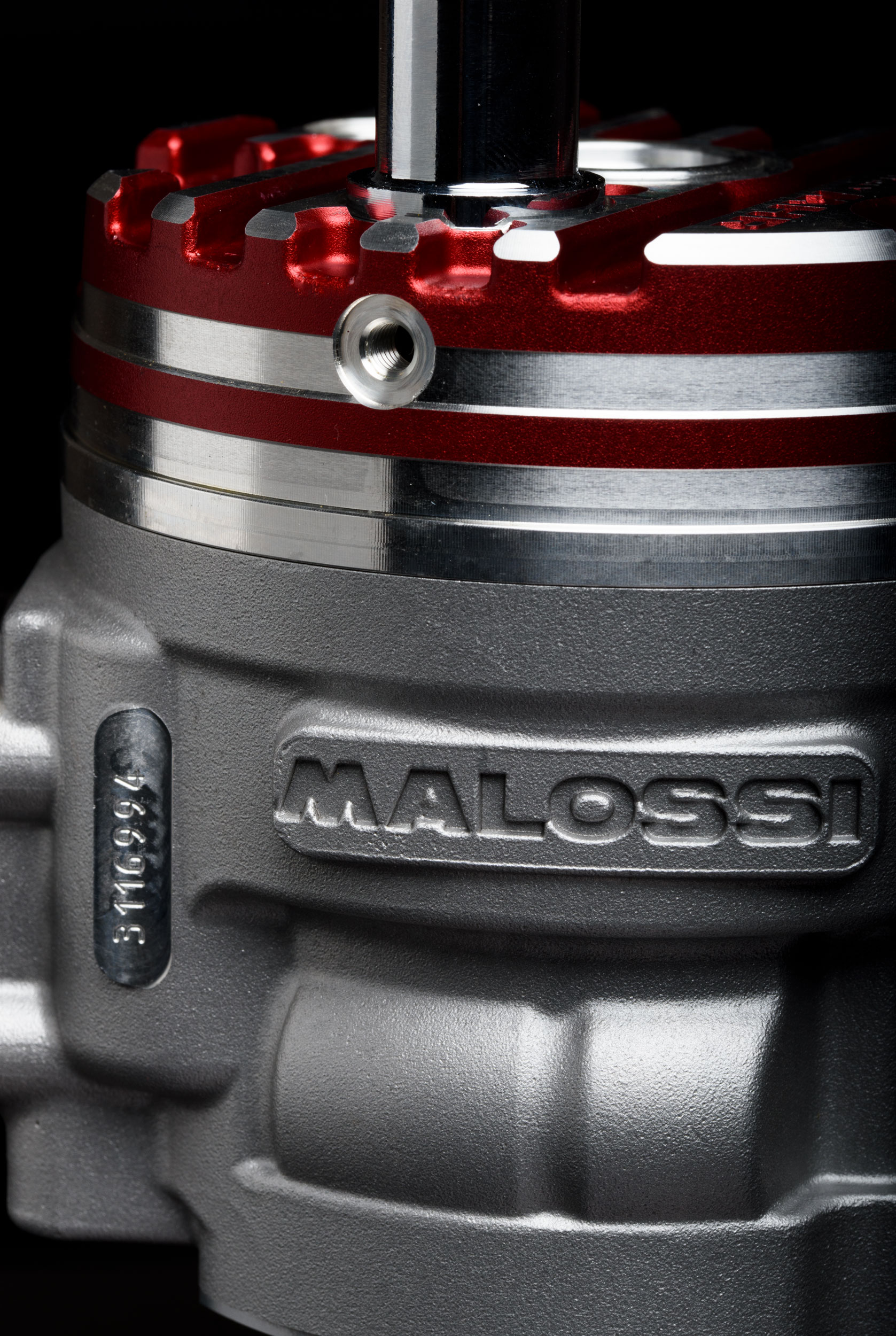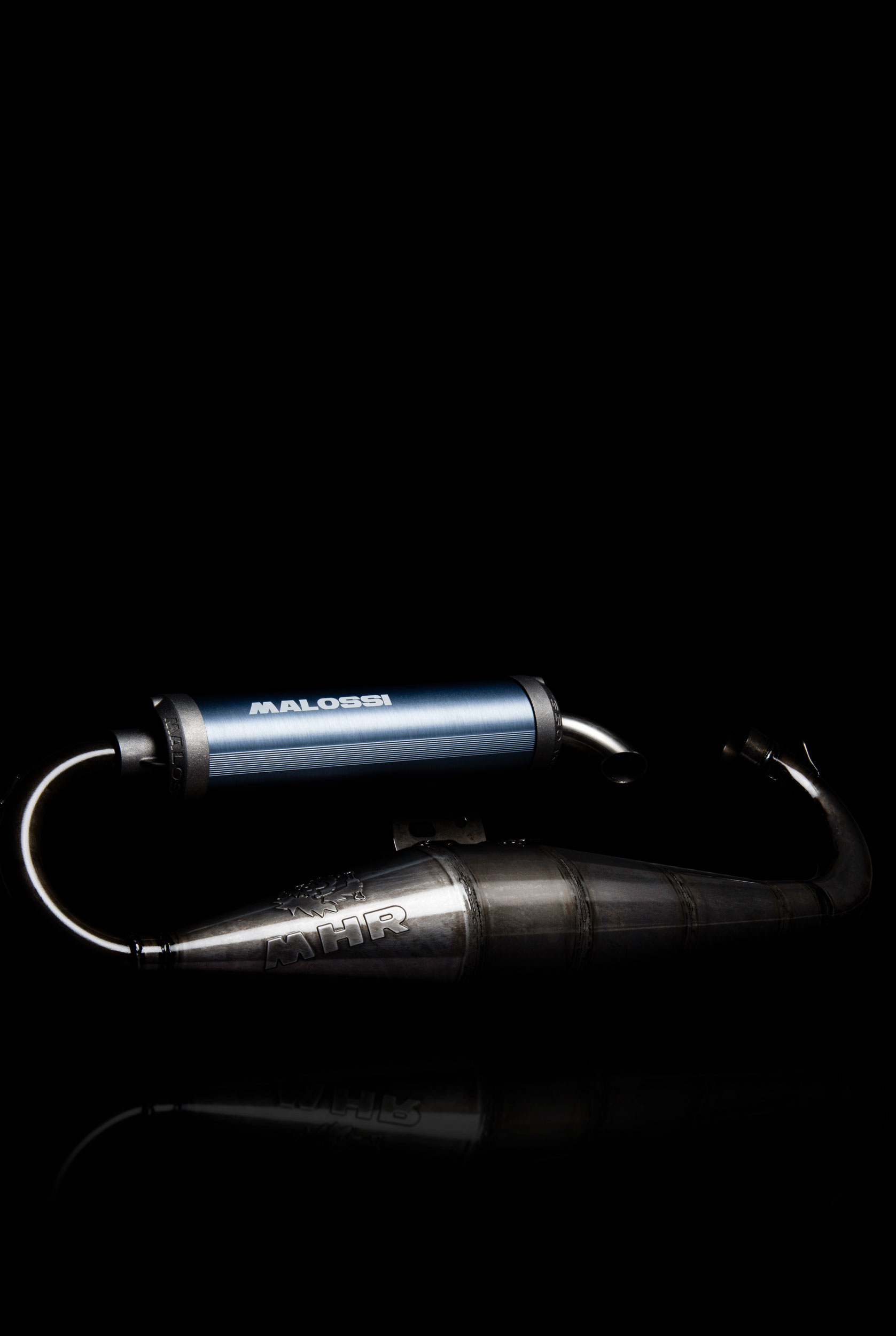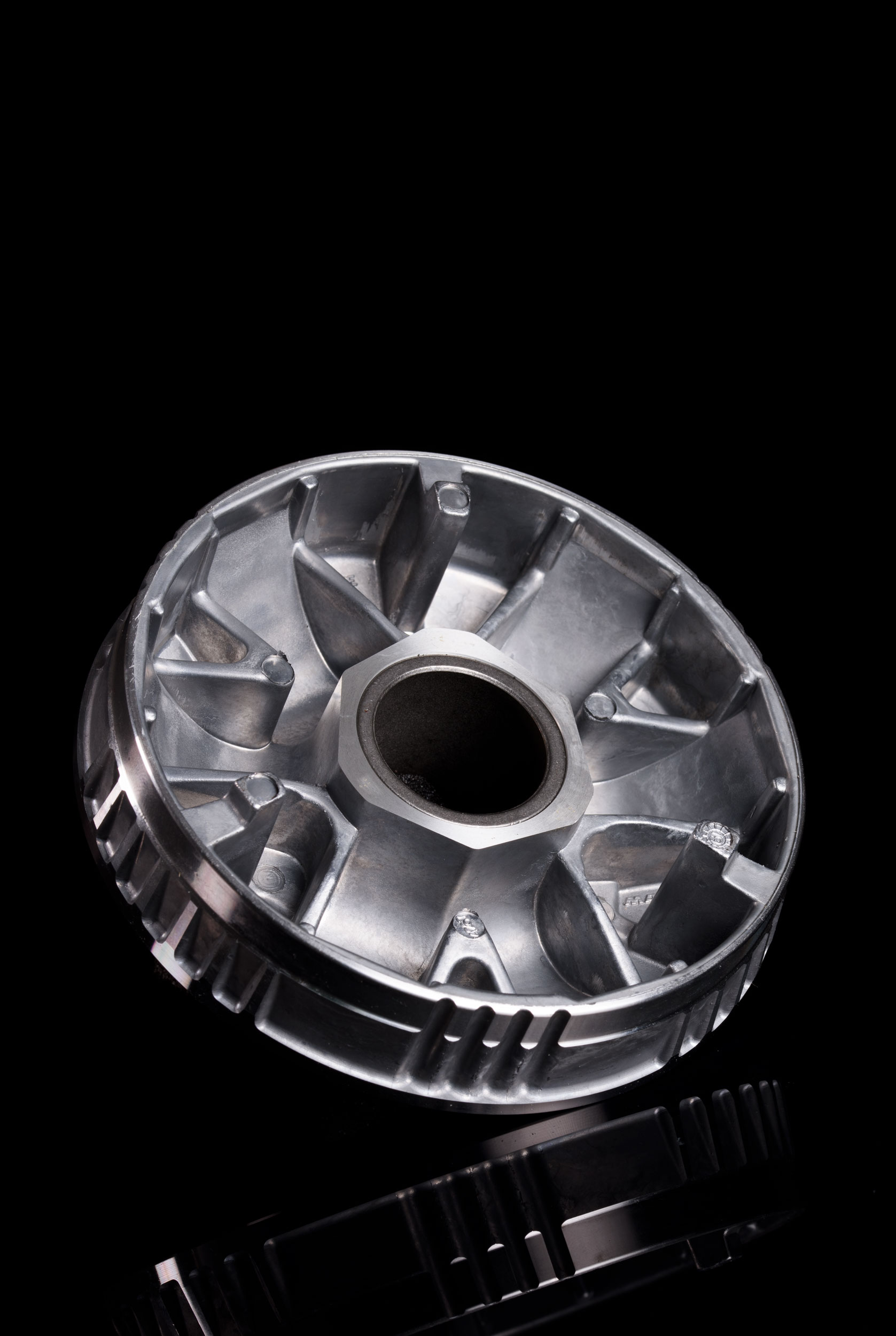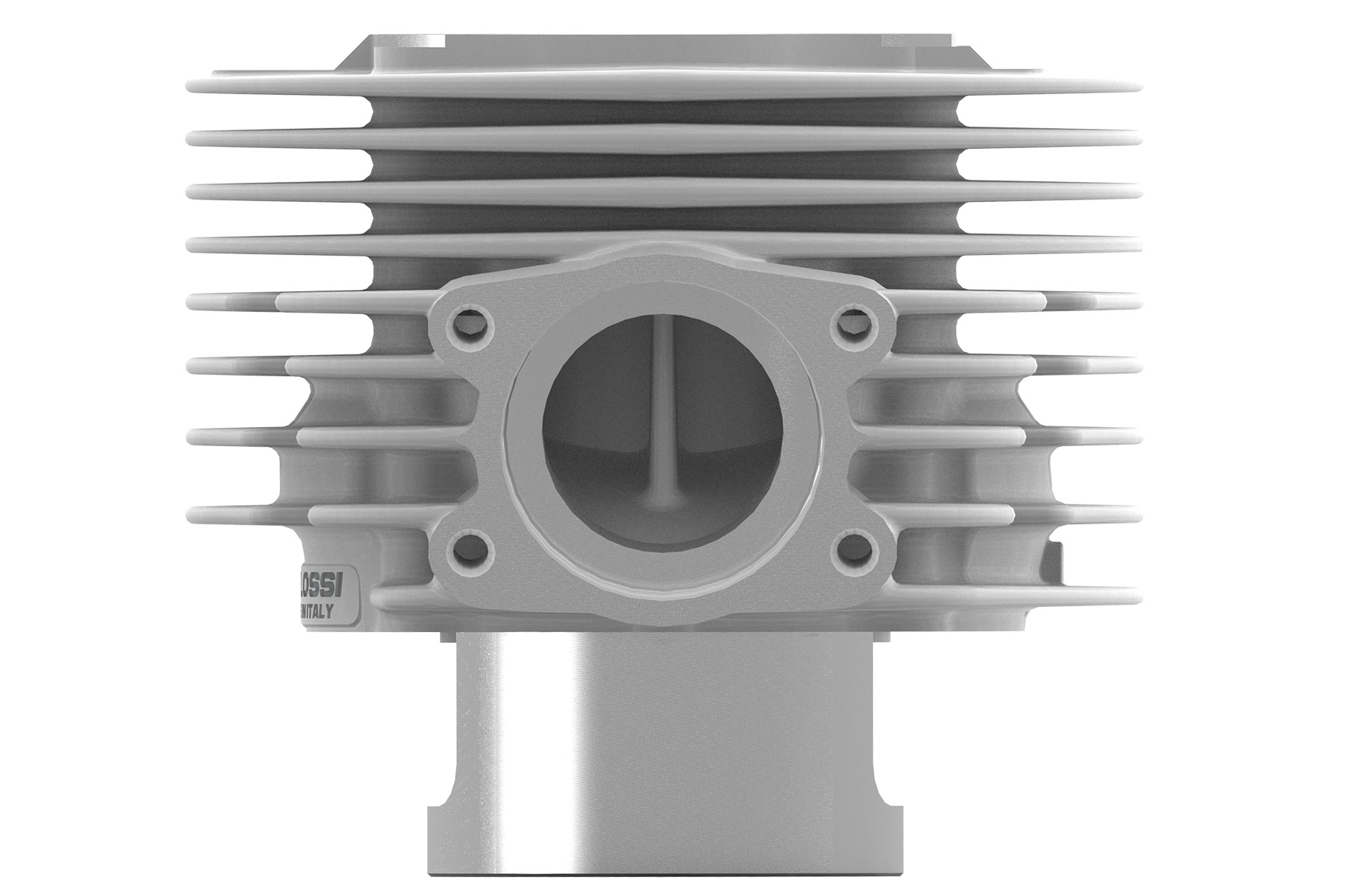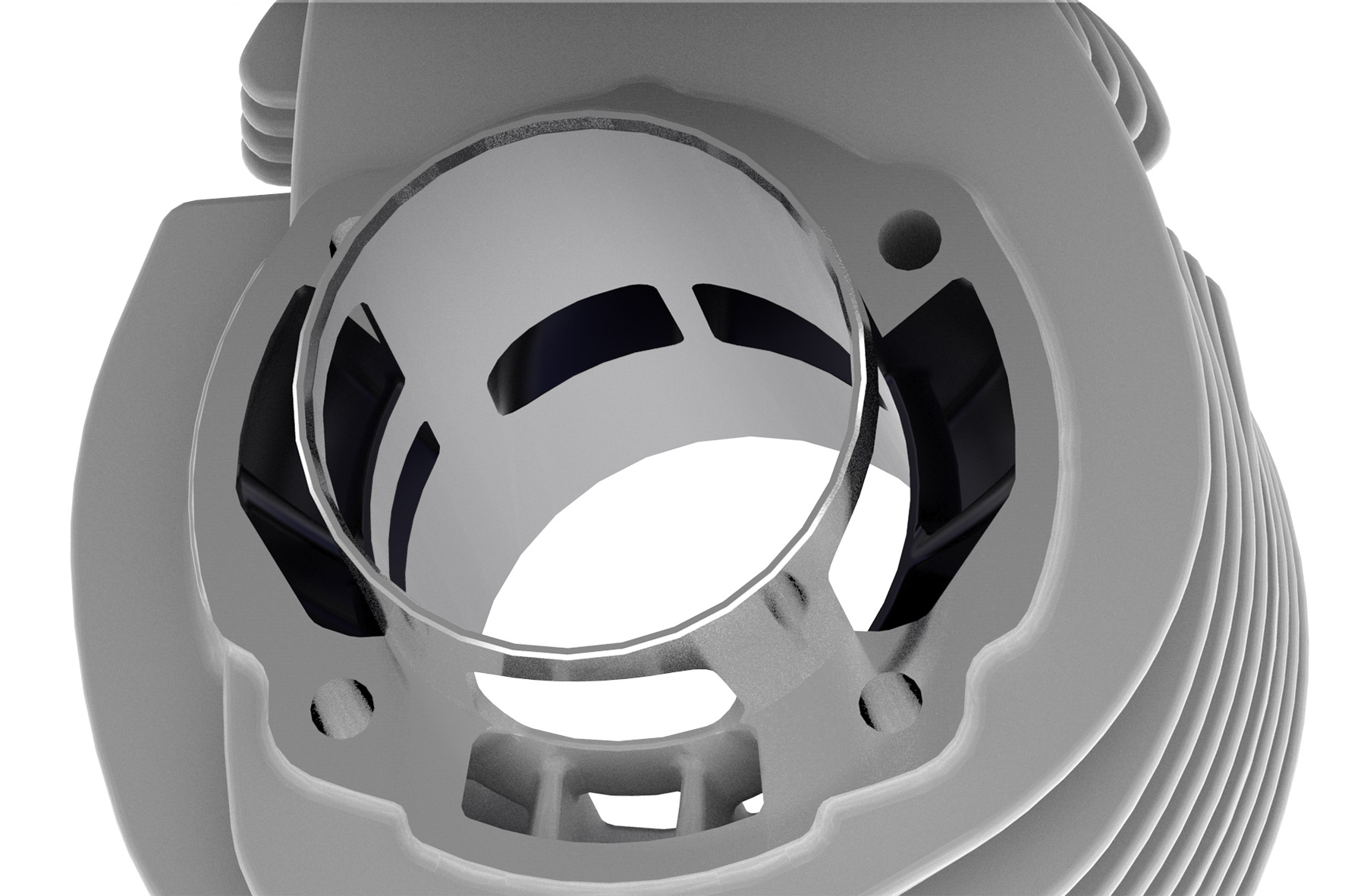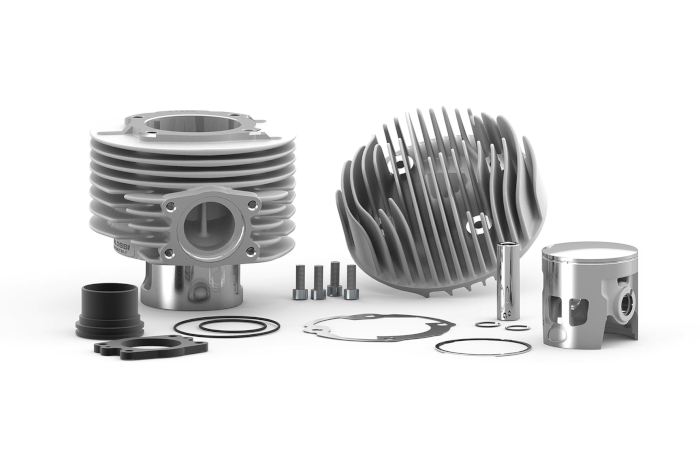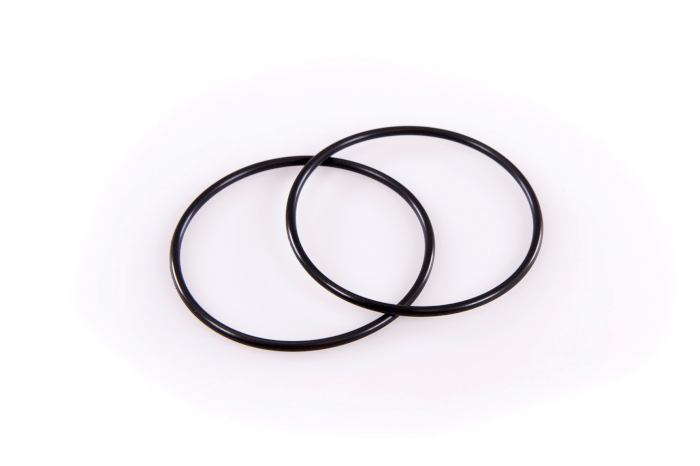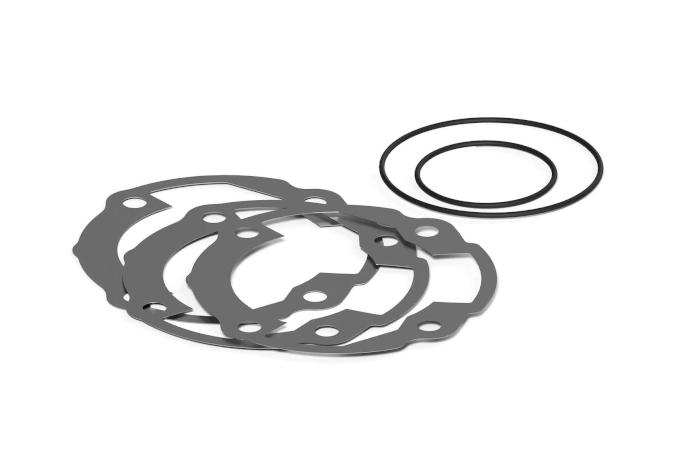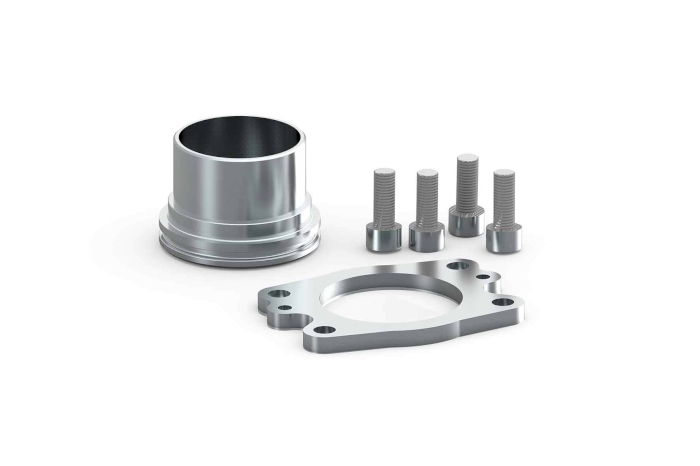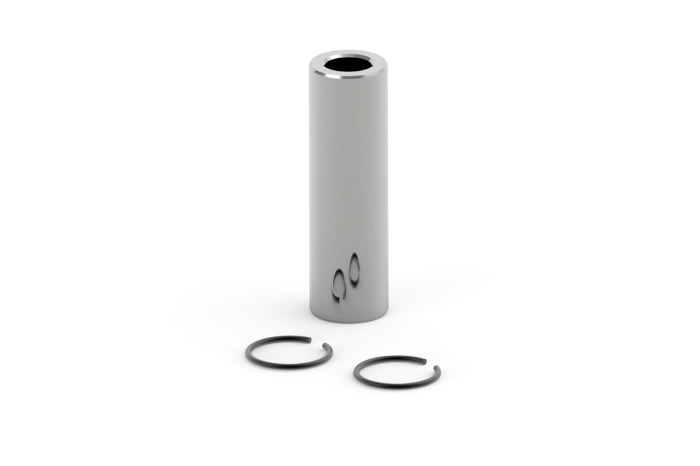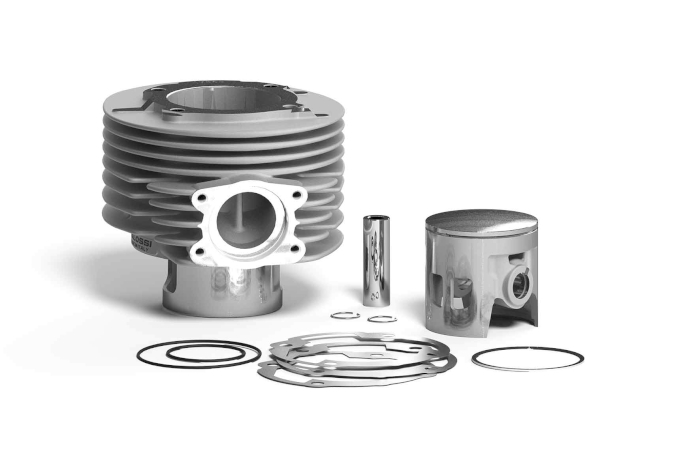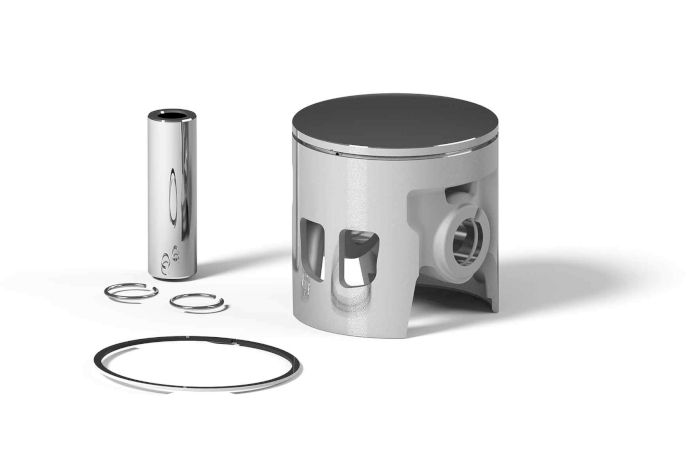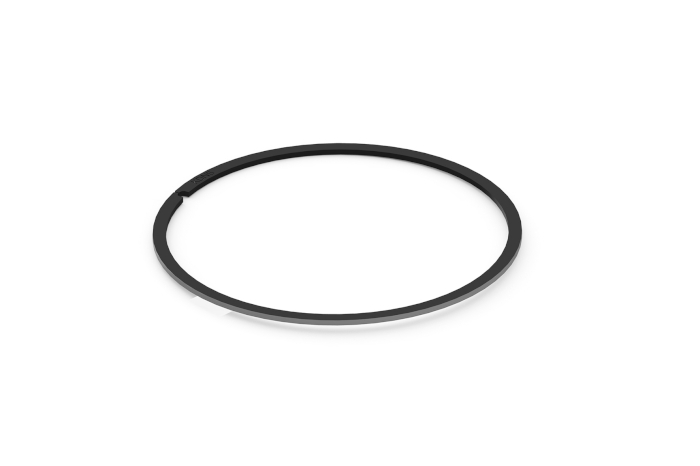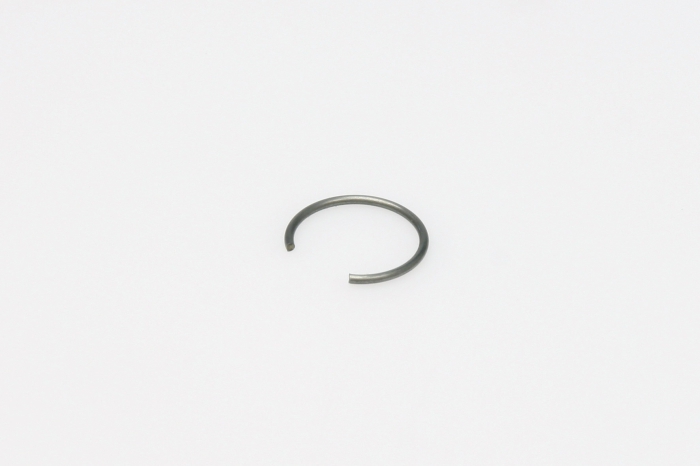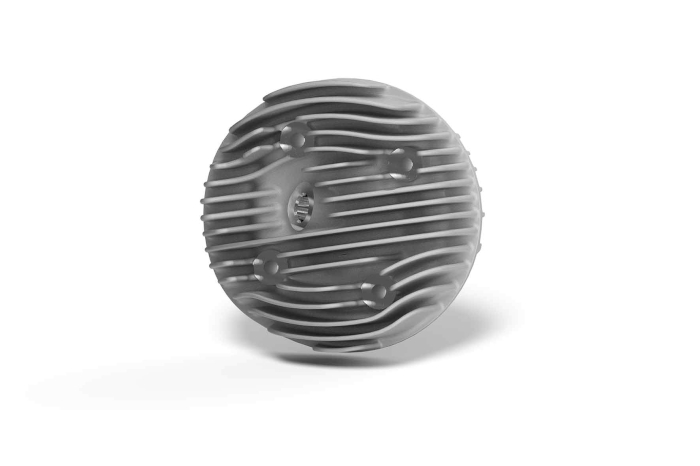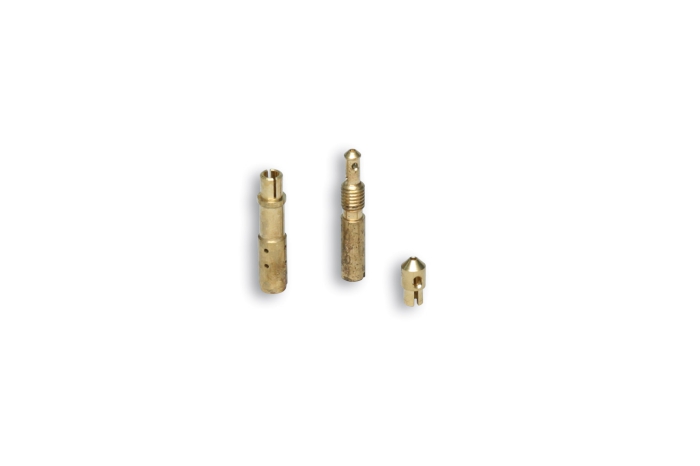Price
aluminium cylinder kit ø 63 aluminium cvf2 pin ø 15 mhr (stroke 60)
Code: 3117361Model: vespa px 125 2t euro 0-1
Looking for a replacement?Description
CYLINDER KIT Ø 63 ALUMINIUM
completely new cylinder kit has been created, designed overall to obtain the maximum result in terms of performance and durability. Every aspect of the system has been studied to maximise the mechanical resistance, the fluid dynamics and improve combustion: the result is a top-of-the-range kit in terms of construction quality and technological development.
TECHNICAL FEATURES
Cylinder
Built from scratch, in high-strength aluminium alloy and cylinder sleeve with nickel-chromium coating.
Consisting of an even thickness central core around the cylinder sleeve and the ports, a constant heat
exchange is ensured, therefore, a controlled intake temperature of the gases in the chamber and an optimal
heat exchange at the exhaust. It has aerodynamically profiled cooling fins around the core, designed to be
penetrated with the best possible efficiency by the cooling air.
The major innovation lies in the totally revamped and coated ports, introducing the latest CVF, upgraded
thanks to experience gained from competitions.
There are now 7 ports, a distinctive trait of Malossi kits, thank to which you can get the best fluid dynamic
performance.
The connection to the silencer is made by means of a flange-joint set fixed to the cylinder through four cap
screws and to the exhaust through an o-ring seal to avoid any leakage from the cylinder kit.
This extremely easy system allows to fit with the maximum resistance any kind of exhaust with 37 mm inlet
diameter present in the market, thus avoiding any unscrewing or rotation due to vehicle vibrations.
The connection with the head is now done by means of a high-precision centring on the support surfaces
obtained with numerically controlled machines.
A basic set of gaskets of different thickness is supplied to allow the user to adjust the compression by
adapting it to various uses.
Piston
Fused with an innovative material, consisting of a steel core coated with an aluminium and silicon alloy, which makes it extremely lightweight. This also gives it excellent corrosion resistance, even at high temperatures and a heat reflection from combustion. The heat flow is, therefore, directed to the dissipation surfaces, facilitating the cooling of the combustion chamber, ensuring that it stays within the range of optimum temperatures. There is ribbing in the inner part of the skirt, inserted in the fused parts which strengthens the parts which undergo the most mechanical stress, thus allowing the weight of the piston to be reduced to a minimum. The windows in the rear part and the diametrical grooves, on the other hand, guarantee the greatest possible intake of fresh air flow towards the cylinder ports.
Head
Another revolution in the construction philosophy of two-stroke engines: the cooling fins have been dimensioned to optimise the heat flow from the chamber to the outside, but now are also shaped, based on modern simulations to allow maximum penetration of the air coming from the cooling system, which now touches the head with a 10 % plus increase in performance compared to a traditional system with straight fins. The characteristic hemispherical combustion chamber is machined with tolerances to the tenth of a millimetre and produces a high turbulent combustion, with pressure peaks calculated at better speeds to achieve maximum performance in terms of torque and power. The high temperatures that are reached in this particular crossover zone between the head and the cylinder that often create hot spots and sparks are regulated using an aerospace-style solution: a pipe with a vacuum chamber that is formed with two dividing walls and a series of baffles in input and in output: Which, thanks also to a precise surface profile, channel a part of the cooling air, forcing it not only to touch the surfaces, but also to expand, decreasing the pressure and, therefore, temperature of the walls on the edge of the combustion chamber, based on a specific principle of physics.
|
CODE |
3118005 |
3117163 |
3117361 |
| Use | Sport | Sport / Racing | Sport / Racing |
| Power range | 18 / 25 | 21 / 28 | 22 / 30 |
| Level of elaboration | easy | easy | easy |
| Carburettor recommended | Vhst 28 | Phbh 30 | Phbh 30 |
| Stroke | 57 | 57 | 60 |
| Compression ratio | 1:10.8 | 1:12.5 | 1:12.5 |
| N° piston rings | 2 | 1 | 1 |
| N° ports | 7 | 7 | 7 |
| Head | Hemispheric | Hemispheric | Hemispheric |
| Spark plug | iw 27 | iw 27 | iw 27 |

Warning:
the use of fuel taps with increased capacity is absolutely necessary.
Products reserved exclusively for racing in specifically designed locations according to the provisions of the competent sporting authorities. We disclaim all liability for improper use
Compatible brands and models
| Brand | Model |
|---|---|
| LML | LML STAR 125 2T |
| LML | LML STAR 150 2T |
| VESPA | VESPA COSA 125 2T |
| VESPA | VESPA COSA 150 2T |
| VESPA | VESPA PX 125 2T euro 0-1 |
| VESPA | VESPA PX 125 2T euro 2 (VLX2M) |
| VESPA | VESPA PX 125 2T euro 3 |
| VESPA | VESPA PX 150 2T euro 0-1 |
| VESPA | VESPA PX 150 2T euro 2 (VLX2M) |
| VESPA | VESPA PX 150 2T euro 3 |
Components and Spare Parts
Download
Faq
-
Looking at the barrel, I noticed strange marks on the exhaust sleeve. Are they intentional?
This is deliberate machining. As high temperatures are reached at this point with strong expansion, this machining was done to lower the point in order to prevent seizing.


